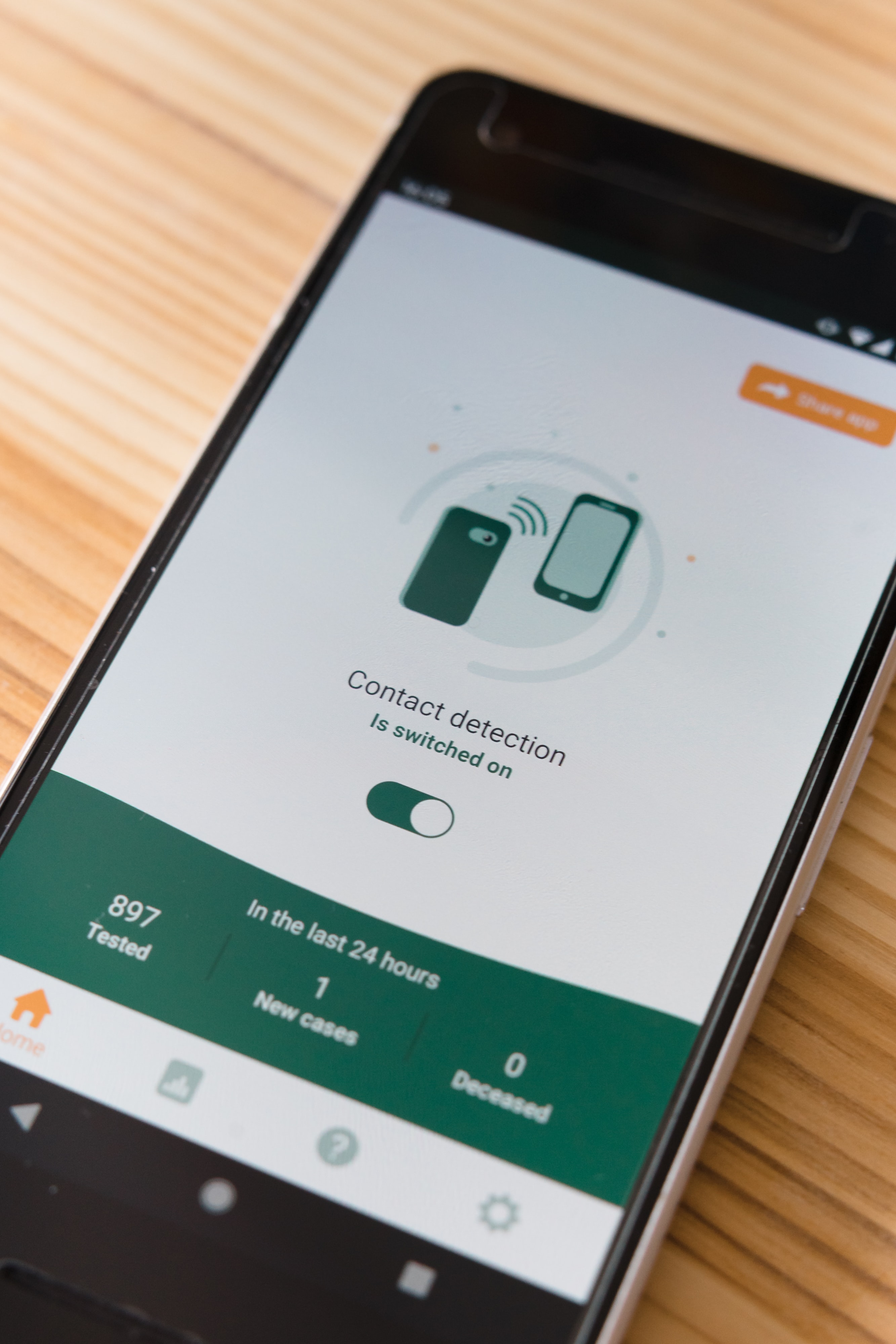Access to the Internet is crucial for individuals to become informed citizens and to simultaneously exercise their freedom of speech and expression, freedom of association, and right to peaceful assembly. Despite this, India has consistently curbed the access to information and individual expression online by restricting internet access in recent times. According to a study by Access Now, India had the highest number of internet shutdowns worldwide in 2020, amounting to 109, in contrast to Yemen, in second place, who experienced only 6. That year, the Indian economy also suffered losses of US $2.8 billion (Rs. 20,973 crore) due to India’s internet suspensions, which accounted for approximately 70% of the world’s blackouts and went on cumulatively for 8,927 hours, affecting 10.3 million individuals. The number of internet shutdowns in India has since continued to rise, reaching 37 in the first half of 2021.
While it seems that all political parties in India have taken the liberty of cutting off internet access as and when they deem fit, in “Understanding India’s Troubling Rise in Internet Shutdowns”, Kris Ruijgrok, finds that the BJP, as the ruling party, is 3.5x more likely than other political parties or state governments to impose an internet shutdown.
In a 2012 resolution, the UN Human Rights Council (UNHRC) affirmed that the “same rights that people have offline must also be protected online, in particular, freedom of expression.” Subsequently, the UNHRC condemned all measures to disrupt access to information online, deeming them human rights violations. International organisations around the globe have taken similar positions, effectively regarding the disruption of internet connectivity a serious violation of fundamental human rights as recognised under the International Convention on Civil and Political Rights (ICCPR).
In January 2020, the Supreme Court of India ruled in Anuradha Bhasin vs Union of India, the case concerning the legality of the internet ban in Jammu and Kashmir, that freedom of speech and expression through the medium of the internet attracted protection under the Indian constitution[1]. This decision was particularly important given that it came in the aftermath of the removal of the special status granted to Jammu and Kashmir by revocation of Article 370, during which there was a state-wide internet shutdown for nearly a full year.
Although the court consciously refrained from answering the question of whether the right to the internet itself was a fundamental right, it affirmed that the internet was a medium to exercise the fundamental right to information and the freedom of speech and expression, concluding that protecting the internet as a medium was concomitant to ensuring the effective exercise of individual expression. The Court proceeded to fill the substantive gaps in the existing legislation and laid down guidelines to limit Internet suspensions under the Telegraph Act. The Apex Court held that any government-imposed restriction on Internet access must be “necessary and proportionate, lawful, transitory, limited in scope, and any orders restricting Internet access are subject to judicial review.”
Apart from the Supreme Court judgement, various international organisations such as Amnesty International[2] and Human Rights Watch have also condemned India’s blocking of the internet in states like Jammu and Kashmir, especially during the COVID-19 pandemic, when healthcare and regional developments all depended upon access to the internet. However, not just foreign states and organisations, but even individual academics and journalists have voiced concerns about the Indian government’s repeated Internet shutdowns.
These internet shutdowns, imposed regularly in Jammu and Kashmir, are cited as measures to prevent militant groups in Kashmir from communicating effectively, but actually hide human rights abuses by security forces. Similarly, the internet shutdown issued in Haryana during the September farmer protests against the BJP’s newly implemented “Farm Bill” was also less than transparent. The government justified the internet shutdown by citing the need to combat fake news that could incite riots and violence, but the shutdown also served to stymie the efforts of an organised protest in order to make it appear chaotic and to villainize the protesting farmers on live television, reducing sympathy for their cause. Moreover, despite the claim that these internet shutdowns are used to combat fake news, they are rarely imposed prior to or during elections, which tend to be the times when the most fake news is spread, as the ruling party fears being punished at the ballot box for issuing these shutdowns.
Other instances of recent internet shutdowns can be seen in the states of Rajasthan and Meghalaya. These shutdowns have been imposed without meeting the requirements of necessity outlined by the Supreme Court in the Anuradha Bhasin judgement, with some justifications for blocking access to the internet being as trivial as an attempt to prevent cheating in the teachers’ exam.
The rules for shutting down the internet are frequently flouted, and those empowered to issue shutdowns are easily swayed, as state governments have a large impact on the officers tasked with issuing shutdowns. Therefore, despite what could be considered fair guidelines protecting freedom of expression online, the Union government arbitrarily, and with indifference, unreasonably restricts the medium of the internet to its citizens.
Internet shutdowns are problematic because they restrict access to information and take away the universal medium of expression, allowing the political parties in power to regulate the “marketplace of ideas.” This effectively allows political parties to escape accountability and control narratives by safeguarding themselves from both critics and dissent that would have jeopardised their image and chances of remaining in power. In the absence of legislative intent to prevent arbitrary internet shutdowns through stricter legislation, the judiciary should rise as the custodian of the citizens’ fundamental rights enshrined in the Indian Constitution.
If the callous and continuous violation of freedom of speech and expression through the medium of the internet is to ever be stopped, the judiciary must review and scrutinise cases of internet shutdown by the union or state governments based on more stringent guidelines than those laid down in Anuradha Bhasin. The need of the hour is to restrict the unreasonable restrictions that serve political motives at the cost of the civil liberties of the citizenry and to conceive the fundamental right to access the internet.
Bibliography
- Amnesty International, India: Mitigate Risks of Covid-19 for the People of Jammu and Kashmir by Immediately Restoring full access to Internet Services https://www.amnestyusa.org/press-releases/mitigate-risks-of-covid-19-in-india-for-the-people-of-jammu-and-kashmir-by-immediately-restoring-full-access-to-internet-services/ (Last visited September 18 2021)
- Gordon, J. (1997). John Stuart Mill and the “Marketplace of Ideas.” Social Theory and Practice, 23(2), 235–249.
- Human Rights Watch, End Internet Shutdowns to Manage Covid-19 https://www.hrw.org/news/2020/03/31/end-internet-shutdowns-manage-covid-19 (Last visited September 18, 2021)
- Internet Freedom Foundation, Ahead of visit to J&K, IFF apprised the Parliamentary Standing Committee on IT of repeated internet shutdowns https://internetfreedom.in/ahead-of-its-visit-to-j-k-iff-apprised-the-parliamentary-standing-committee-on-it-of-repeated-internet-shutdowns/ (Last visited September 18 2021)
- Internet Freedom Foundation, As the Farmers’ protest saw widespread internet shutdowns, IFF wrote to the Haryana Ministry urging restraint https://internetfreedom.in/as-the-farmers-protests-see-widespread-internet-shutdowns-iff-writes-to-the-haryana-home-ministry-urging-restraint/ (Last visited September 18 2021)
- Internet Freedom Foundation, Internet shutdown in Meghalaya without suspension order! https://internetfreedom.in/meghalaya-stays-without-internet-for-three-days-but-the-govt-is-yet-to-publish-an-order-of-suspension/ (Last visited September 18, 2021)
- Internet Freedom Foundation, The internet cannot be suspended in entire districts to prevent cheating in exams- IFF writes to the Rajasthan Government https://internetfreedom.in/the-internet-cannot-be-suspended-in-entire-districts-to-prevent-cheating-in-exams-iff-writes-to-the-rajasthan-government/ (Last visited September 18, 2021)
- KRIS RUIJGROK, UNDERSTANDING INDIA’S TROUBLING RISE IN INTERNET SHUTDOWNS 4 (June 2021)
- KRIS RUIJGROK, UNDERSTANDING INDIA’S TROUBLING RISE IN INTERNET SHUTDOWNS 24 (June 2021)
- Mattias Svan, Ramifications of The Internet Shutdowns In India, Human Rights Pulse, Jan. 19, 2021 https://www.humanrightspulse.com/mastercontentblog/ramifications-of-the-internet-shutdowns-in-india
- Rachel Rannett, Indian State Shutdowns Internet for Millions to prevent cheating on teachers’ exam, The Washington Post, Sep. 29, 2021
- Sunaina Kumar, During democracy’s longest internet shutdown, journalists in Kashmir continue to report, Digital and Physical Safety, Jan. 08, 2020.
- The Constitution of India 1950, art. 19 (1) (a)
- The Indian Telegraph Act 1885, s 5



